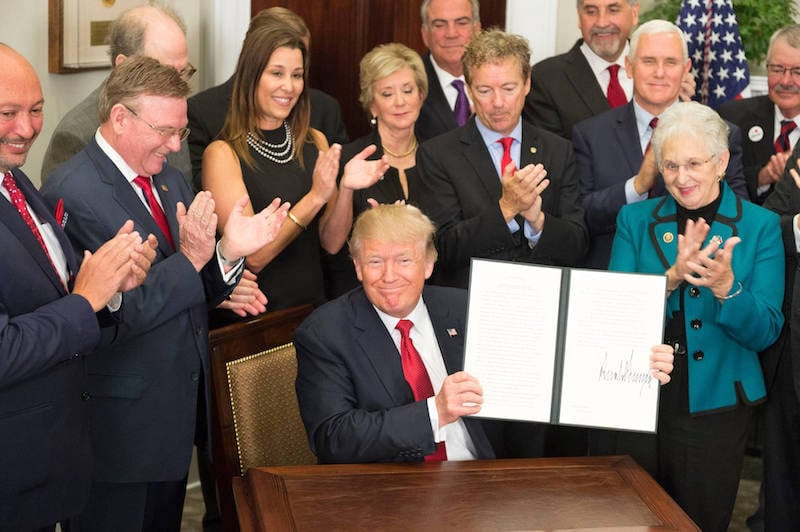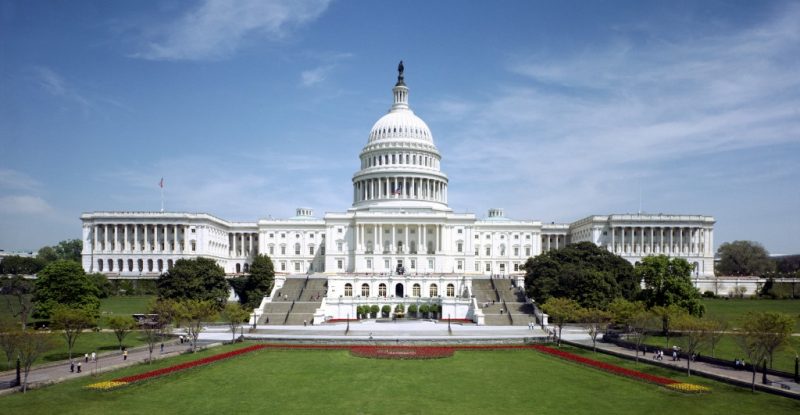Is the ACA Really Dead?
One year into Donald Trump’s presidency, most would agree that his biggest legislative victory is the recently-passed tax reform legislation. Tax reform was a top priority for the new president, and the bill’s passage helps President Trump fulfill an important campaign promise. Two promises actually:
Read Is the ACA Really Dead?








